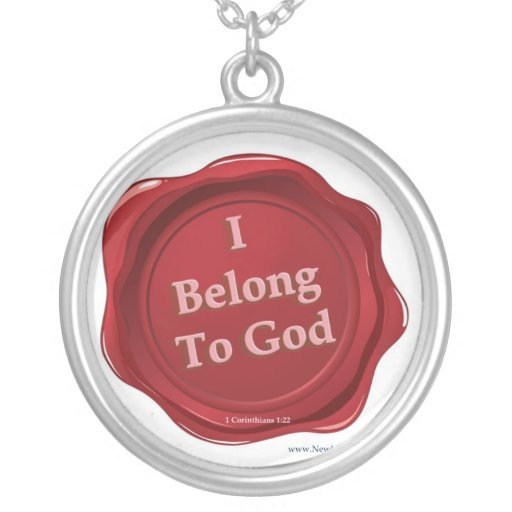When it comes to Family Worship, the key thing is flexibility. You have to find something that fits with the culture of your family, and that works for you. Some keep it fairly informal, perhaps incorporated into a mealtime; others have a designated time, and may use a candle to signify what we’re now doing... some incorporate crafts and activities, others keep it as a simple discussion. Some sing, some listen to sermons. If you’ve never done it before, it might take some experimentation to get something that works for you.
It might be a straightforward as talking over the sermon, or perhaps reading part of II Corinthians Ch.1, asking some questions, talking about the answers, and praying. In our experience sometimes it works better than others... Anyway – here are some ideas for building a family worship time around II Corinthians 1. So much depends on age, personality, time... if these help, feel free to use them, if not, do something else!
This week’s sermon and Sunday Groups is based on II Corinthians Ch.1. Paul – an Apostle – is writing to a Church in Greece. It’s a Church that is pretty confused about what it should believe about Jesus, and about what it means to be the Church!
This might be where you want to camp out as a family. Can you structure a conversation about what we should believe, and why it matters? Or about what the Church is, and what it should do? What makes a good Church? How do you know if a Church is doing its job? How do you feel about someone (even if they are an Apostle) telling you that you are doing it wrong? Maybe you could pray for MIE to grow as a Church?
If you come to DTP you’ll be familiar with ‘To Be a Christian’, An Anglican Catechism we use at MIE. Here are a couple of questions that might be helpful:
92. What is the Church?
The Church is the whole community of faithful Christians in heaven and on earth, called and formed by God into one people. The Church on earth gathers to worship God in Word and Sacrament, to serve God and neighbour, and to proclaim the Gospel to the ends of the earth. (Exodus 19:4–6; Psalm 22:22–23; Matthew 28:19–20; Ephesians 2:11–22; 1 Peter 2:4–10; Articles of Religion, 19)
93. How does Holy Scripture teach you to view the Church?
Holy Scripture teaches me to view the Church as God’s family, as the Body and bride of Christ, and as the temple where God in Christ dwells by his Spirit. (Isaiah 54:5–8; Hosea 2:16–20; Matthew 12:46–50; 1 Cor. 3:16–17; 2 Cor.6:14–7:1; Revelation 5:9–10; 19:6–10)
We’ll pick up a couple more questions next week, and I’ll introduce them in the service at St John’s when I’m leading. If you are using ‘My First Books and More…’ wiht younger children, there is a section, Let’s Think About the Church’ which starts on page 73. You might want to especially have a look at Section 113.
Getting in to II Cor.1 though, Paul is working with two ideas. One of them might be enough to be going on with, or maybe you feel confident to take the Chapter in two sections at two different points in the week?
1:3-11
A bit of background:
Paul is going to have to tackle what we would call today the ‘health, wealth and prosperity gospel’. If you have older children / teenagers, I’d recommend carving out some time over the next couple of months to watch ‘American Gospel: Christ Alone (2018)’ and to talk about it together. It is available online.
But in light of the fact that Corinth is wrestling with a version of the Gospel that promises deliverance from suffering, it is significant Paul opens II Corinthians with a testimony to his own experience of suffering, and of his confidence that such suffering is in God’s purpose for him.
A good conversation could focus on what God wants to achieve in us when we suffer. As a family you might want to talk about different experiences of suffering? And asking what God achieved through them? As well as looking for reasons in this passage, Rom.8:18-27 might be helpful too. Don’t worry if you don’t feel you get very far in this – we’ll be coming back to it later in the series.
1:12-24
The second half of Ch.1 relates back to I Cor.16:5-8, and the fact that Paul didn’t ever make the visit he said he would. For Paul the question of his integrity and trustworthiness is pretty important. He represents a God who always delivers on His promises in Christ (1:18-19). For Paul – an Ambassador of Christ – it is important that he faithfully reflects God’s faithfulness, and that the Church knows it can trust him.
How important is it that people can trust us? How important is it that we can trust our Church leaders? What should we be able to trust them in? How do we know if we can trust them or not?
look at vv.20-22. Why is it important we can trust God?
Could you spend some time praying for those involved in leading MIE?
Memory Passage:
I’d suggest II Cor.1:20-22 – or some part of it depending on age and enthusiasm! When you’ve decided what to learn, you might want to print it off, colour it in, etc.
Suggested Activities:
· write a letter to one of our mission partners (https://www.mie.org.uk/global-intro)
· get a map and trace out Paul’s missionary journey – where did his visit to Corinth fit in? How did Paul manage to plant a Church there? (Acts 18)
· for young children – playing a copy-cat style game to help illustrate that the purpose of their Church, and of their family, is to help them learn how to be able to copy Jesus.
· use melted wax to create a ‘seal’ of ownership

